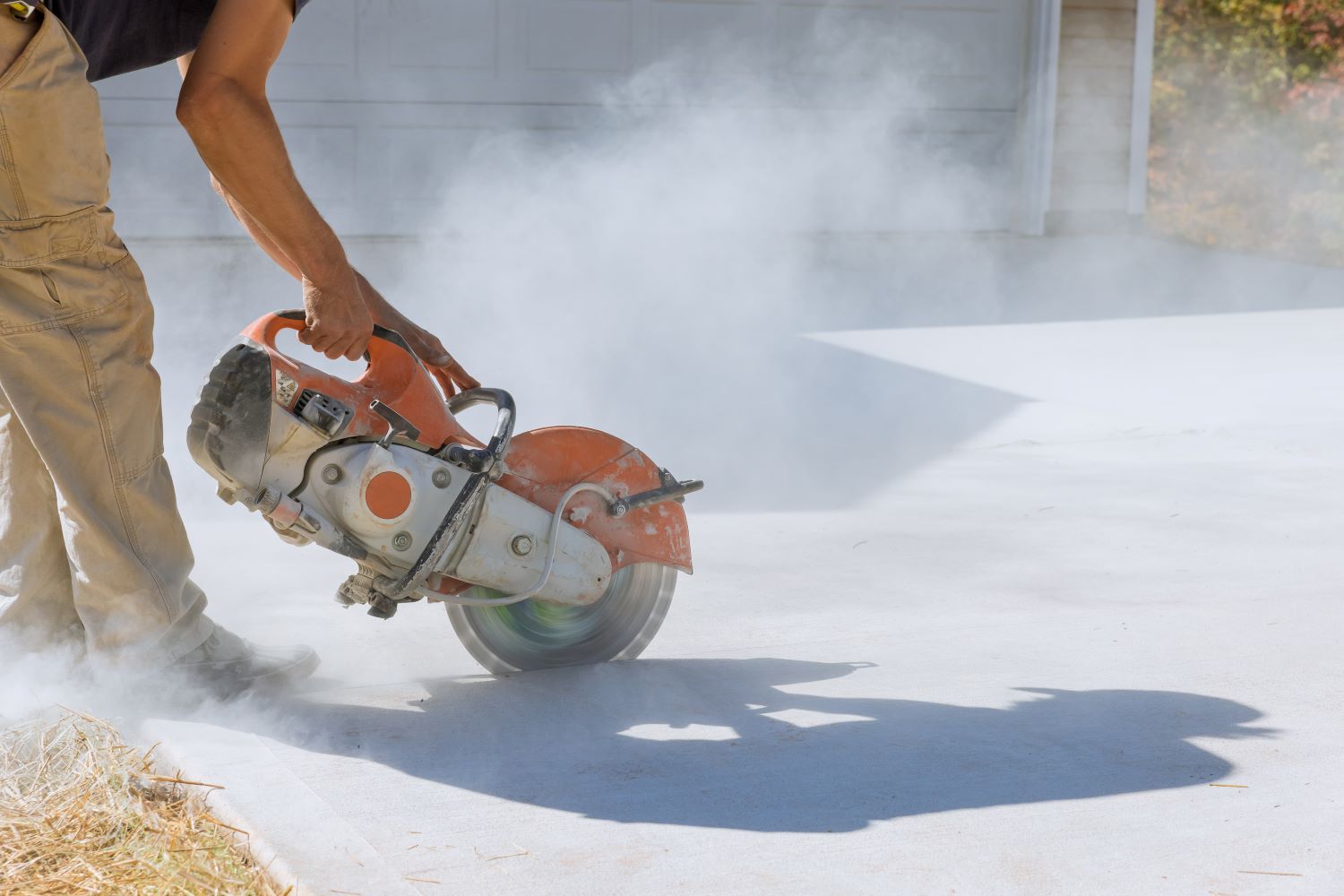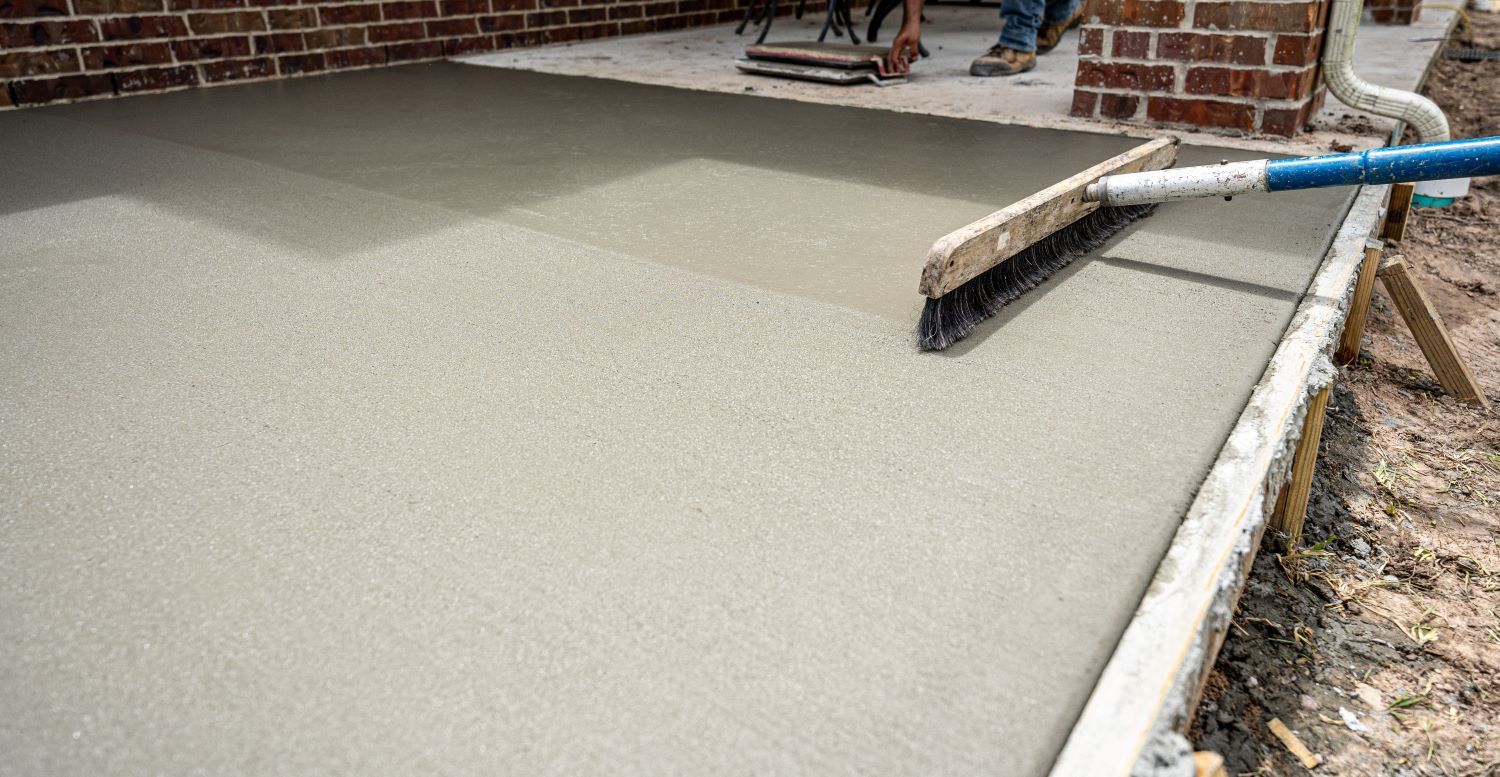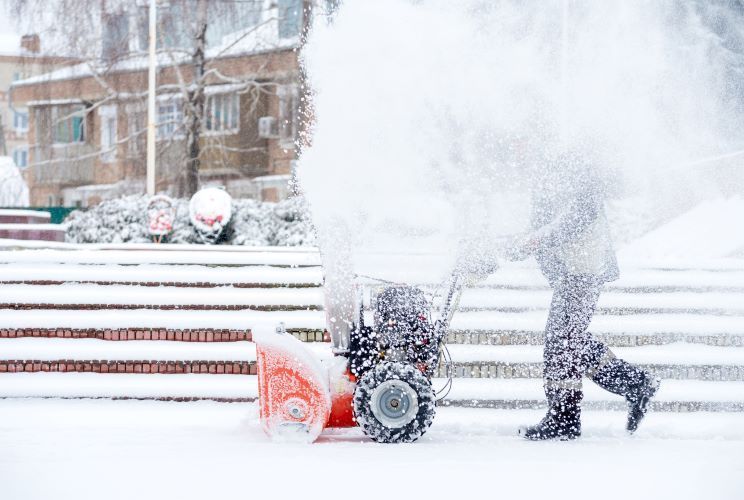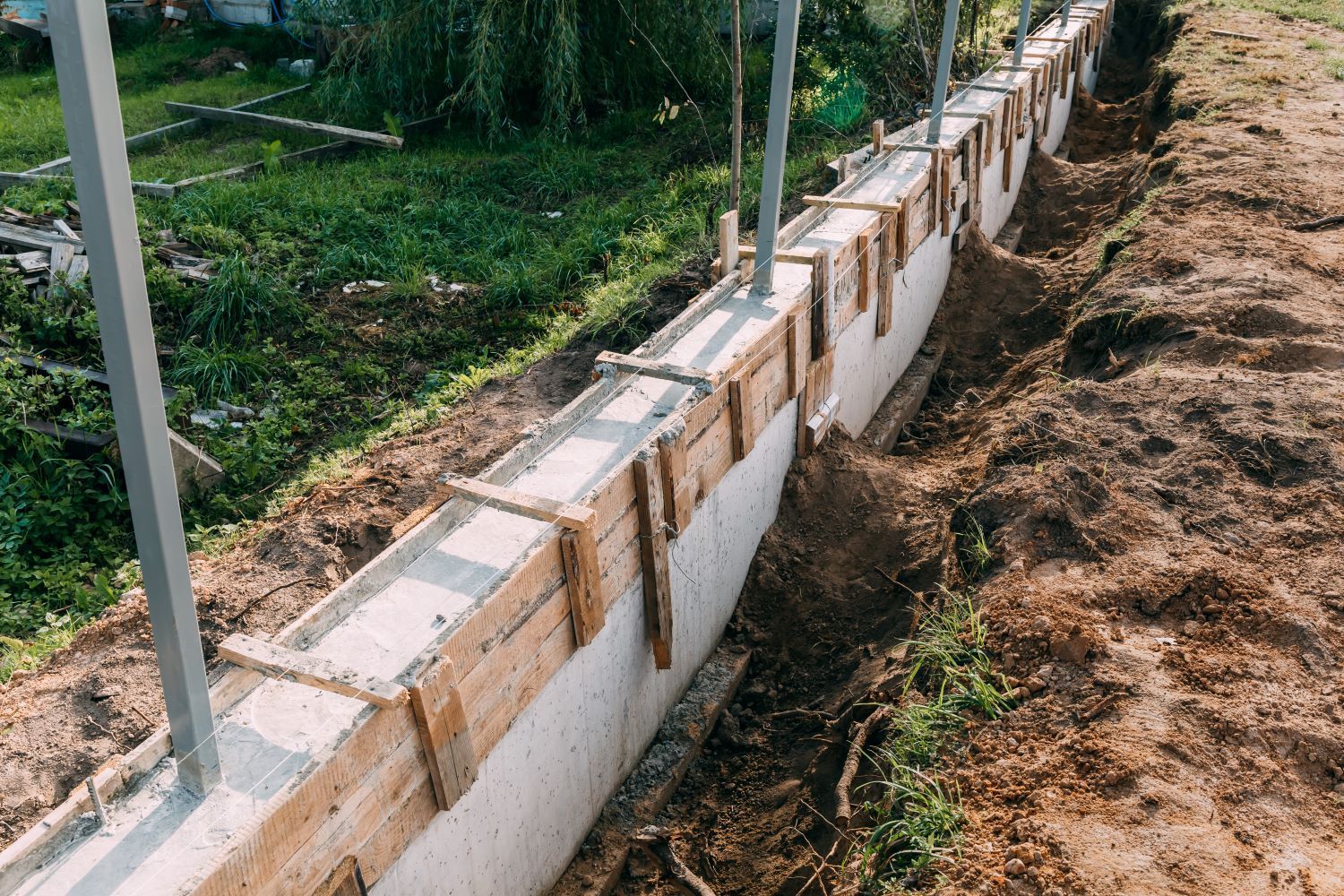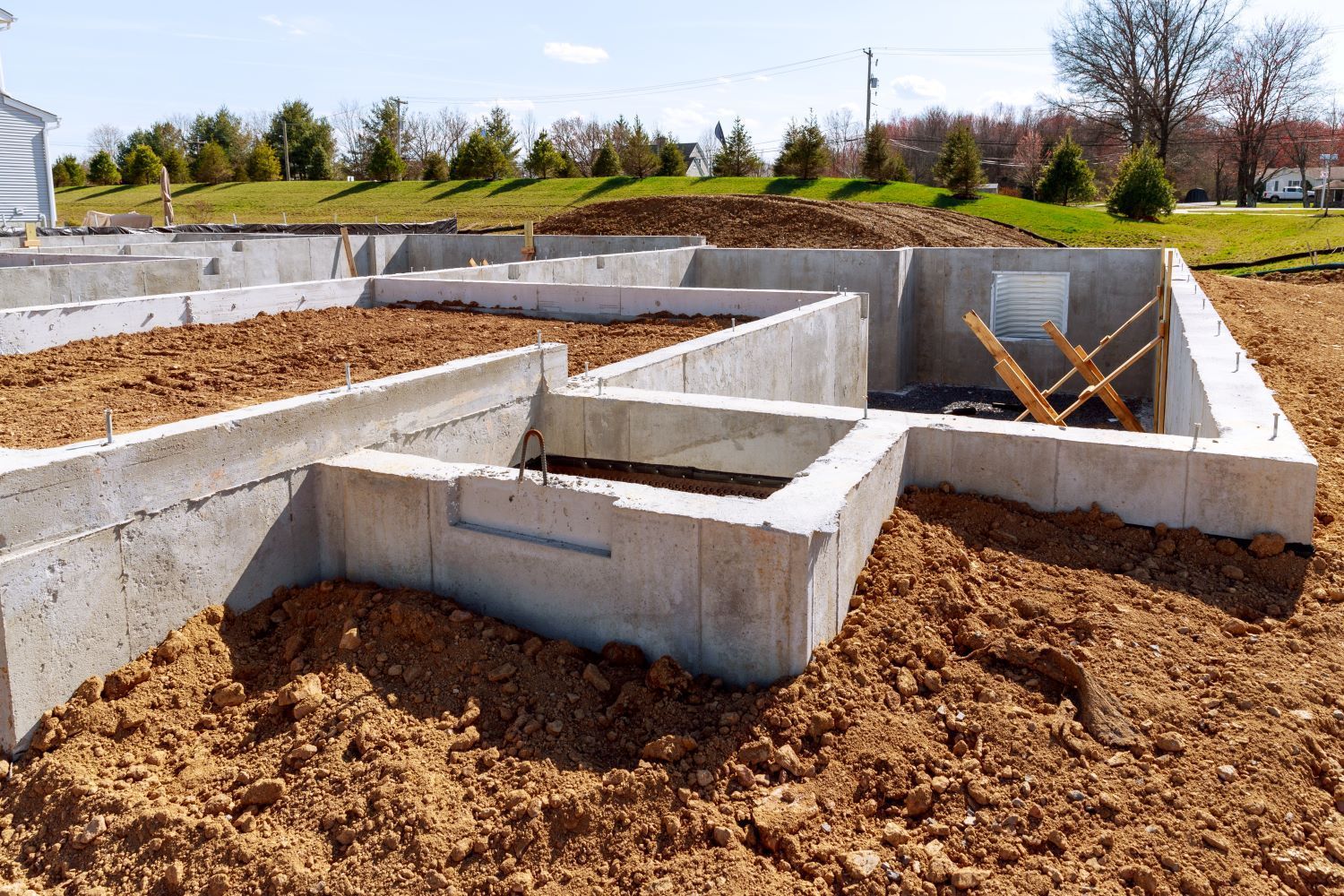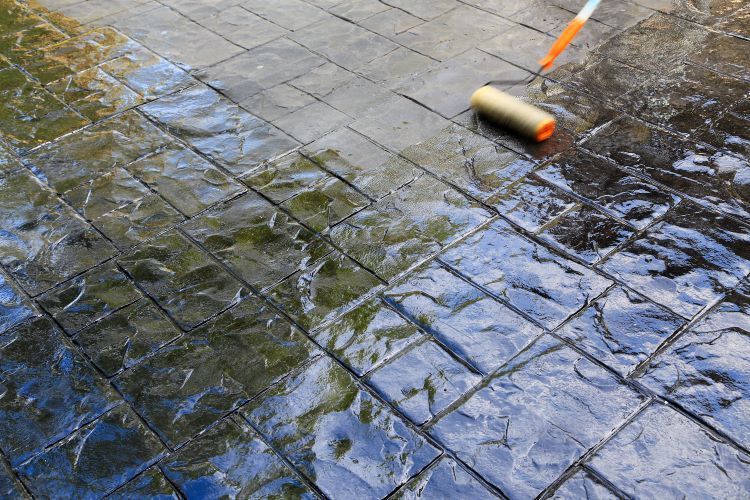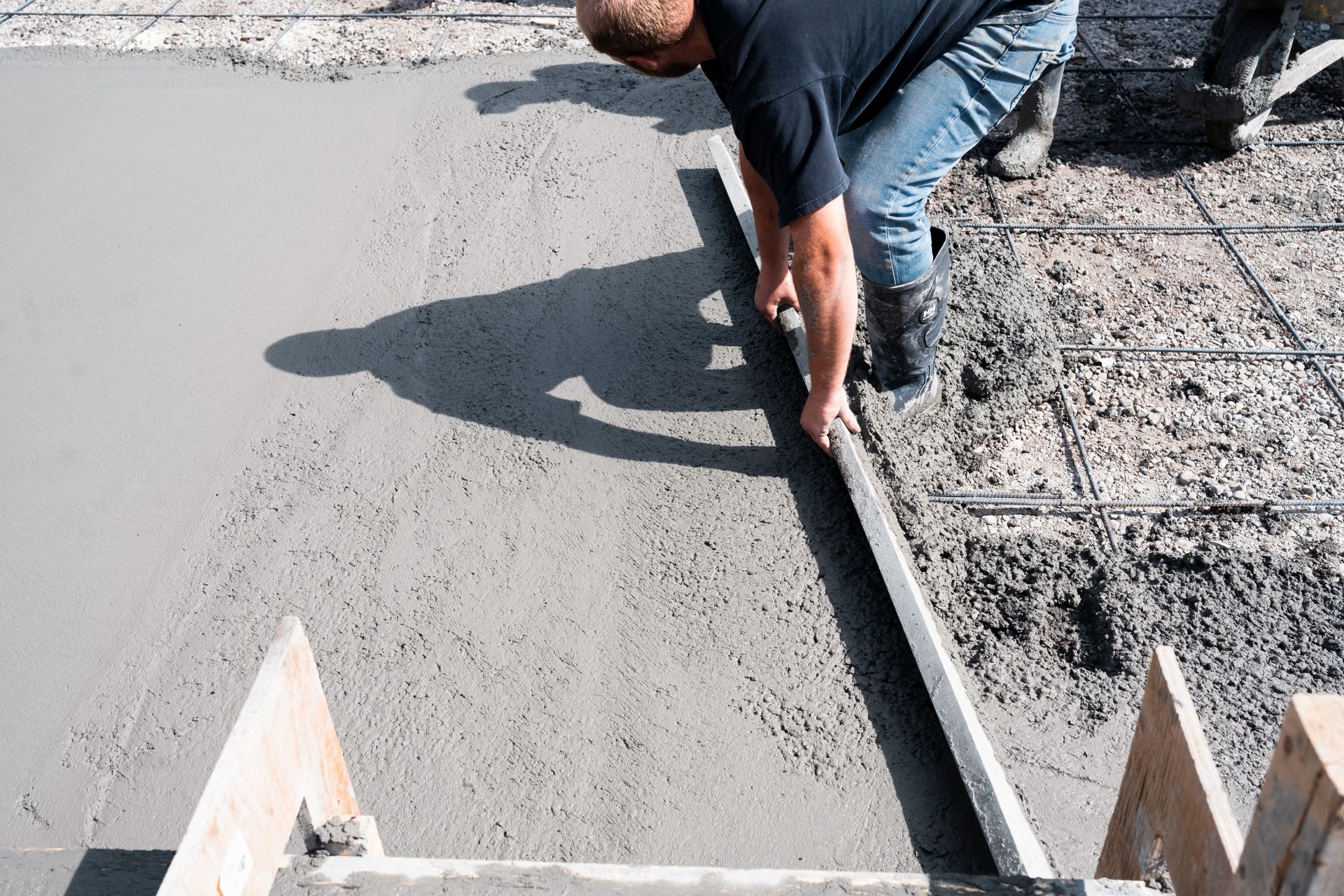Why You Shouldn’t Ignore Small Cracks in Your Concrete
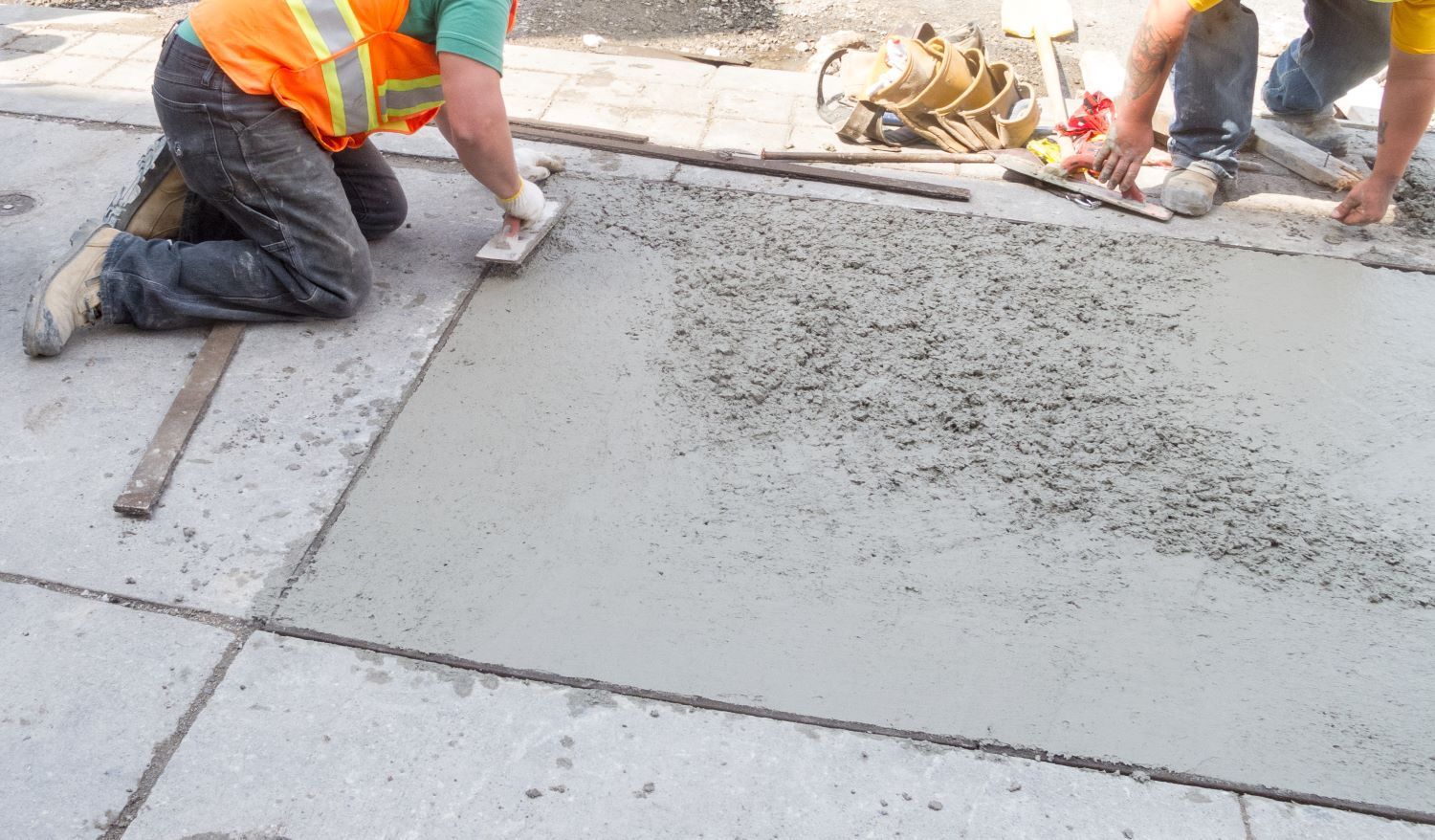
Concrete is one of the most durable and long-lasting materials used in construction. However, even the toughest concrete surfaces can develop small cracks over time. While these cracks might seem insignificant at first, they can lead to much bigger problems if left unattended. At Concrete Contractors London, we understand the importance of timely concrete repair and want to emphasize why you shouldn’t ignore small cracks in your concrete.
Understanding the Causes of Concrete Cracks
Before diving into why small cracks should be addressed, it’s important to understand what causes them in the first place.
Common factors include:
- Shrinkage: As concrete dries and cures, it can shrink slightly, leading to hairline cracks.
- Temperature Fluctuations: Changes in temperature can cause concrete to expand and contract, leading to cracks over time.
- Settlement: The ground beneath your concrete may shift or settle, causing the surface to crack.
- Overloading: Excessive weight or pressure on concrete surfaces can cause them to crack.
- Poor Installation: Improperly mixed or laid concrete is more prone to cracking.
The Risks of Ignoring Small Cracks
Small cracks might seem harmless, but they can lead to serious issues if left unaddressed. Here’s why you shouldn’t ignore them:
1. Water Infiltration
Cracks in concrete provide an entry point for water. Once water seeps into the cracks, it can cause further damage, especially during freeze-thaw cycles. In colder climates, like in London, Ontario, water that enters the cracks can freeze and expand, causing the cracks to widen and leading to more significant structural damage over time.
2. Weakened Structural Integrity
Even small cracks can weaken the overall structural integrity of your concrete surfaces. Over time, these cracks can grow larger and compromise the stability of the concrete. This is particularly concerning for load-bearing surfaces, such as driveways, foundations, and patios. Ignoring small cracks can lead to more extensive and costly repairs down the line.
3. Increased Repair Costs
Addressing small cracks as soon as they appear is far more cost-effective than waiting until the damage becomes severe. Small cracks are relatively easy and inexpensive to repair. However, if left unattended, they can develop into larger cracks or even result in the need for complete concrete replacement, which is a much more expensive and time-consuming process.
4. Safety Hazards
Cracks in concrete surfaces can pose safety hazards, particularly if they are located in high-traffic areas like walkways, driveways, or patios. Over time, these cracks can create uneven surfaces that increase the risk of trips and falls, potentially leading to injuries. Repairing small cracks promptly can help prevent accidents and keep your property safe.
5. Aesthetic Appeal
Cracked concrete surfaces can detract from the overall appearance of your property. Whether it’s your driveway, patio, or walkway, small cracks can make your concrete look worn and neglected. Repairing these cracks can help maintain the aesthetic appeal of your property and improve its curb appeal.
How to Address Small Concrete Cracks
The good news is that small cracks in your concrete can be repaired quickly and effectively if caught early. Here’s how:
- Clean the Crack: Remove any debris, dirt, or loose material from the crack using a wire brush or pressure washer. This will ensure the repair material adheres properly.
- Apply a Concrete Repair Product: Use a concrete crack filler or sealant designed for small cracks. Apply it according to the manufacturer’s instructions, making sure to fill the crack completely.
- Smooth the Surface: Use a trowel or putty knife to smooth the surface of the repair material, ensuring it blends seamlessly with the surrounding concrete.
- Allow Time to Cure: Follow the recommended curing time for the repair product before using the surface again.
- Consider Professional Help: If you’re unsure about the repair process or the crack is larger than expected, it’s best to consult with a professional concrete contractor.
Conclusion
Small cracks in your concrete might not seem like a big deal, but they can lead to serious problems if left untreated. From water infiltration and weakened structural integrity to safety hazards and increased repair costs, the risks of ignoring small cracks are significant.
At Concrete Contractors London, we’re here to help you keep your concrete surfaces in top condition. Don’t wait until small cracks become big issues—contact us today for expert concrete repair services and ensure your property remains safe, attractive, and durable for years to come.
